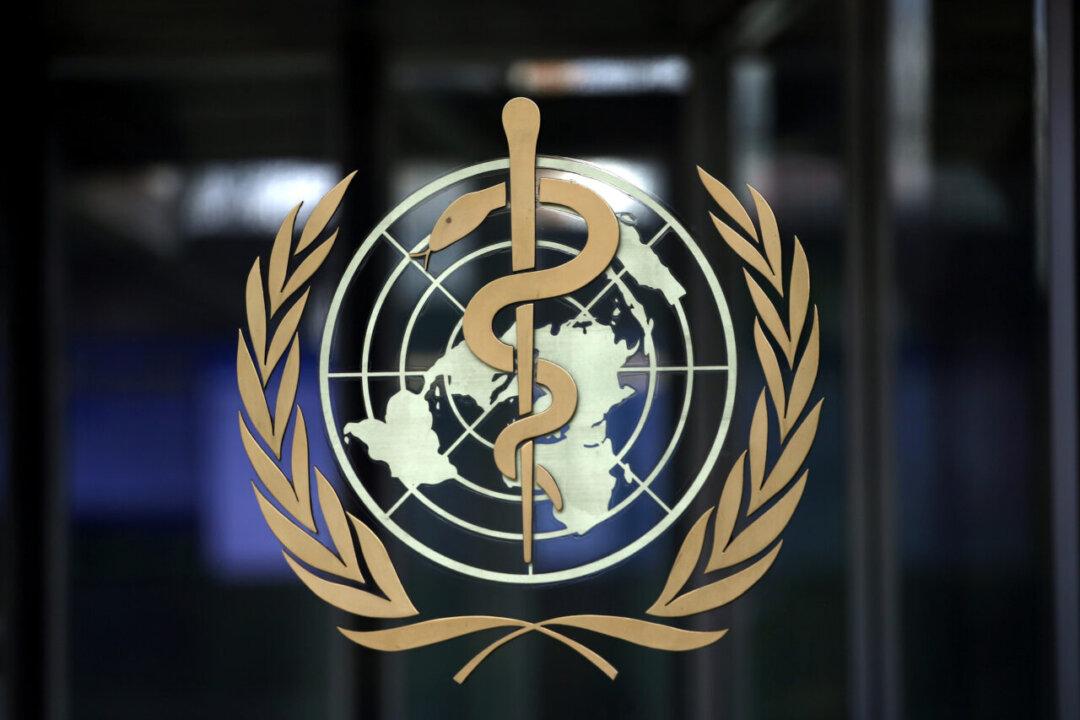BEIJING —Two World Health Organization experts were heading to the Chinese capital on Friday to lay the groundwork for a larger mission to investigate the origins of the coronavirus pandemic.
An animal health expert and an epidemiologist will meet Chinese counterparts in Beijing to set the “scope and terms of reference” for a WHO-led international mission aimed at learning how the virus jumped from animals to humans, a WHO statement said.





